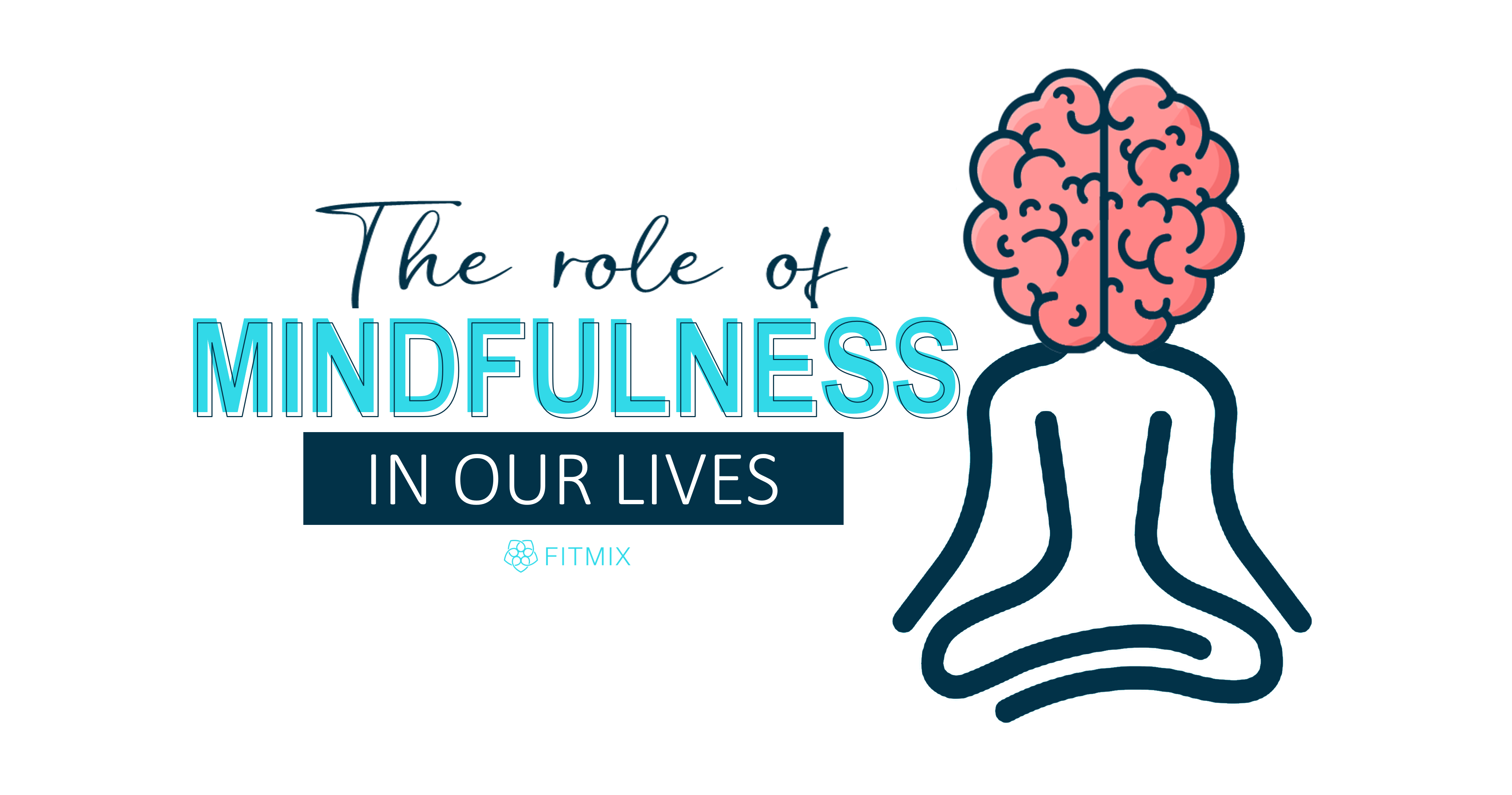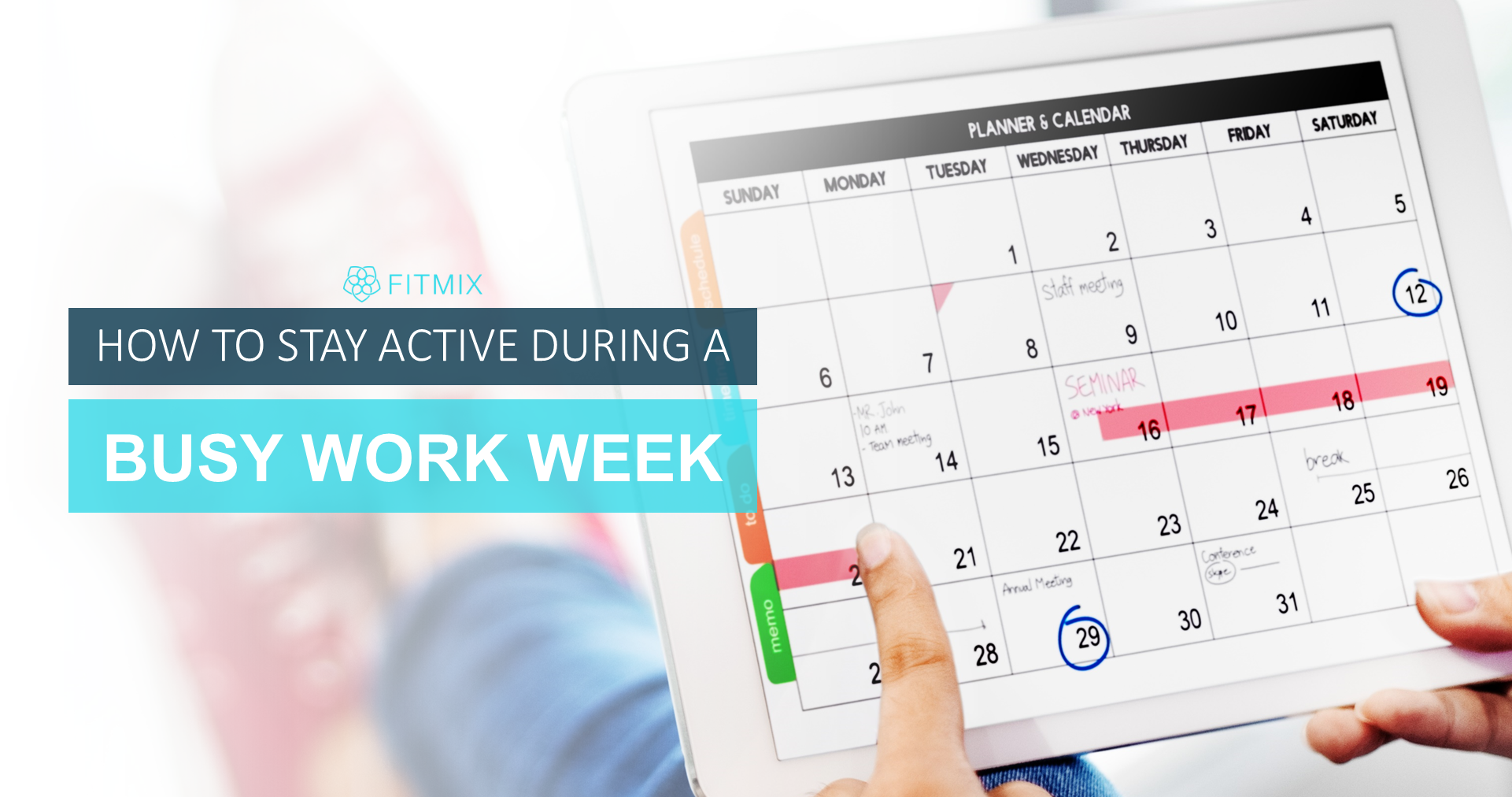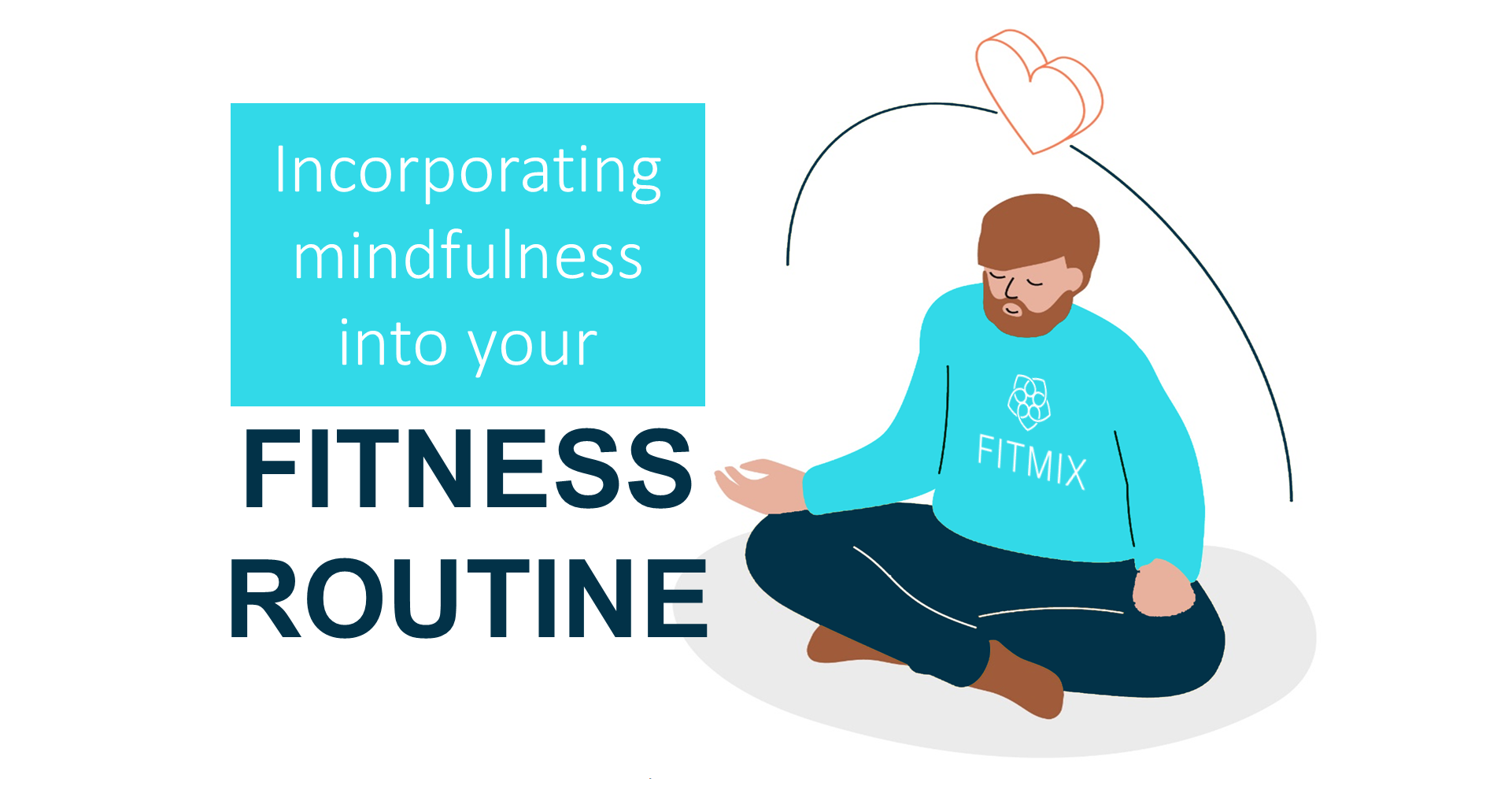The Role of Mindfulness in Our Lives
 May 11, 2024
May 11, 2024
 0
0
 0
0

In our fast-paced world, where the demands of daily life can often feel overwhelming, the importance of mental well-being cannot be overstated. One powerful tool for enhancing our mental health is mindfulness, a practice that encourages us to be present in the moment and to engage with our thoughts and feelings without judgment. Let's explore how mindfulness can be a cornerstone of mental well-being and offer practical tips for incorporating it into our lives.
Understanding Mindfulness
Mindfulness is the practice of paying attention to our thoughts, feelings, bodily sensations, and the environment around us with openness, curiosity, and non-judgment. It's about being fully present in the moment, rather than being lost in the past or worrying about the future. This simple yet profound practice can help us break free from automatic, habitual reactions and gain greater insight into our emotional and mental patterns.
Benefits of Mindfulness
- Stress Reduction: Mindfulness has been shown to reduce stress by helping us become more aware of our thoughts and reactions, allowing us to respond more calmly and effectively to challenging situations.
- Improved Mental Health: Regular mindfulness practice can reduce symptoms of anxiety and depression, leading to improved overall mental well-being.
- Enhanced Emotional Regulation: Mindfulness can help us better regulate our emotions, leading to increased resilience and a greater sense of inner peace.
- Increased Focus and Concentration: By training our minds to be present, mindfulness can improve our ability to concentrate and focus on tasks at hand.
- Greater Self-Awareness: Mindfulness encourages self-reflection, which can lead to a deeper understanding of ourselves and our motivations.
Incorporating Mindfulness into Your Life
- Start with Breathing: Begin your mindfulness practice by focusing on your breath. Take a few moments each day to observe your breathing, noticing the rise and fall of your chest and the sensation of air moving in and out of your body.
- Practice Mindful Meditation: Set aside a few minutes each day for mindfulness meditation. Sit quietly, focus on your breath, and gently bring your attention back whenever your mind wanders.
- Be Mindful in Everyday Activities: Mindfulness can be practiced at any moment. Try to be fully present when eating, walking, or even doing household chores. Notice the sights, sounds, and sensations involved in these activities.
- Use Mindfulness Apps: Several apps offer guided mindfulness exercises and meditation sessions, which can be a helpful way to start or maintain your practice.
- Attend a Mindfulness Course: Consider joining a mindfulness course or workshop to learn more about the practice and how to integrate it into your life.
Conclusion
Mindfulness is more than just a trend; it's a powerful tool for enhancing our mental well-being. By bringing our attention to the present moment, we can navigate the challenges of life with greater ease, resilience, and clarity. Whether you're new to mindfulness or looking to deepen your practice, remember that every moment offers an opportunity to be mindful. So, take a deep breath, and let's embark on the journey to a more mindful, peaceful life.
Subscribe to My Newsletter
Fill your email below to subscribe to my newsletter
Comments (00)
Be the first to comment!
Leave a Reply
Your email address will not be published. Required fields are marked *





